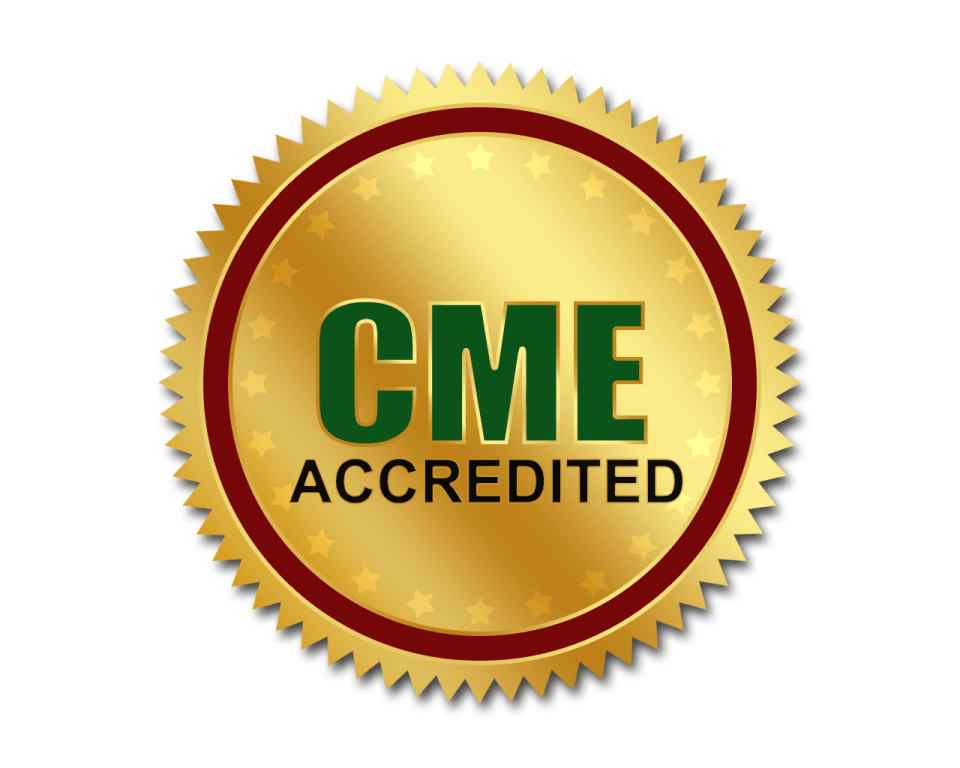
Naveen Kumar Kaushik
Amity University Noida, UP, India
Title: Developing plant based preventive medicine for malaria
Biography
Biography: Naveen Kumar Kaushik
Abstract
"Infectious diseases affects all over the globe and controlling diseases like Malaria, TB and AIDS remained mystery as we have no credible vaccine and on the other hand the parasite has developed severe resistance against almost all drugs available (Visser et al 2014). Such a scenario underscores the urgency for identification of safe, effective and affordable therapeutic strategies for cure of such menacing diseases. Throughout human history natural products have remained prime sources for most of man`s needs including drugs. Products of plants like Cannabis sativa (used for treatment of sleeping disorders, autoimmune diseases and glaucoma), Narcissus spp. (use to treat Alzheimer’s disease), Taxus baccata (used for treatment of breast cancer), Cinchona succiruba (used to treat malaria), have been in use as medicines for thousands of years. Indeed several drug molecules of modern medicine e.g. aspirin, atropine, cocaine, galantamine hydrobromide, quinine, opium, paclitaxel etc. have been obtained directly from plants (Lahlou 2013). Molecular diversity of the biological world is amazing in many ways. In a sense the secondary metabolites produced by different organisms bear testimonies to the threats and challenges faced by them over the course of millions of years of evolution. While we don’t know why a plant like Cinchona should produce Quinine that cures malaria in man but we know that Nature’s molecules are “experienced” enough to navigate through cell membranes and to recognize binding proteins in target cells. Another benefit of searching antimalarial plant products that they have ability to become the part of daily diet e.g. Phyllanthus, Curcuma, Syzygium etc. which can help by three ways: (a) As we know that native infections are best source for developing long lasting and sterile immune protection. If we maintain safe drug bullets always at a certain basal level in blood stream to tackle the parasite, it will help in peak infection season making native infection to generating immune response and not a disease, as bullets are already present to tackle them (Behet et al 2014). (b) Secondly it has been established that these plant products have immune booster properties e.g. Chawanprash an ancient formulation that is being recommended during winter to take care of common flu and other associated disease. (c) Thirdly it will also act as a source for drug like novel metabolite which on purification may act as novel Active Pharmaceutical Ingredients. Recently it has also been shown that nature derived crude source of drug can overcome parasite resistance and nature’s combinatorial approach make parasites to take longer to evolve resistance (Elfawal MA 2015) and this may also help in increasing the life span of the therapy. Here, I am working on same aspect and we have securitized several plant products which have prophylactic and immune booster action in context of malaria which may serve as a part of daily diet. These products may play a critical role in controlling malaria in endemic regions."

